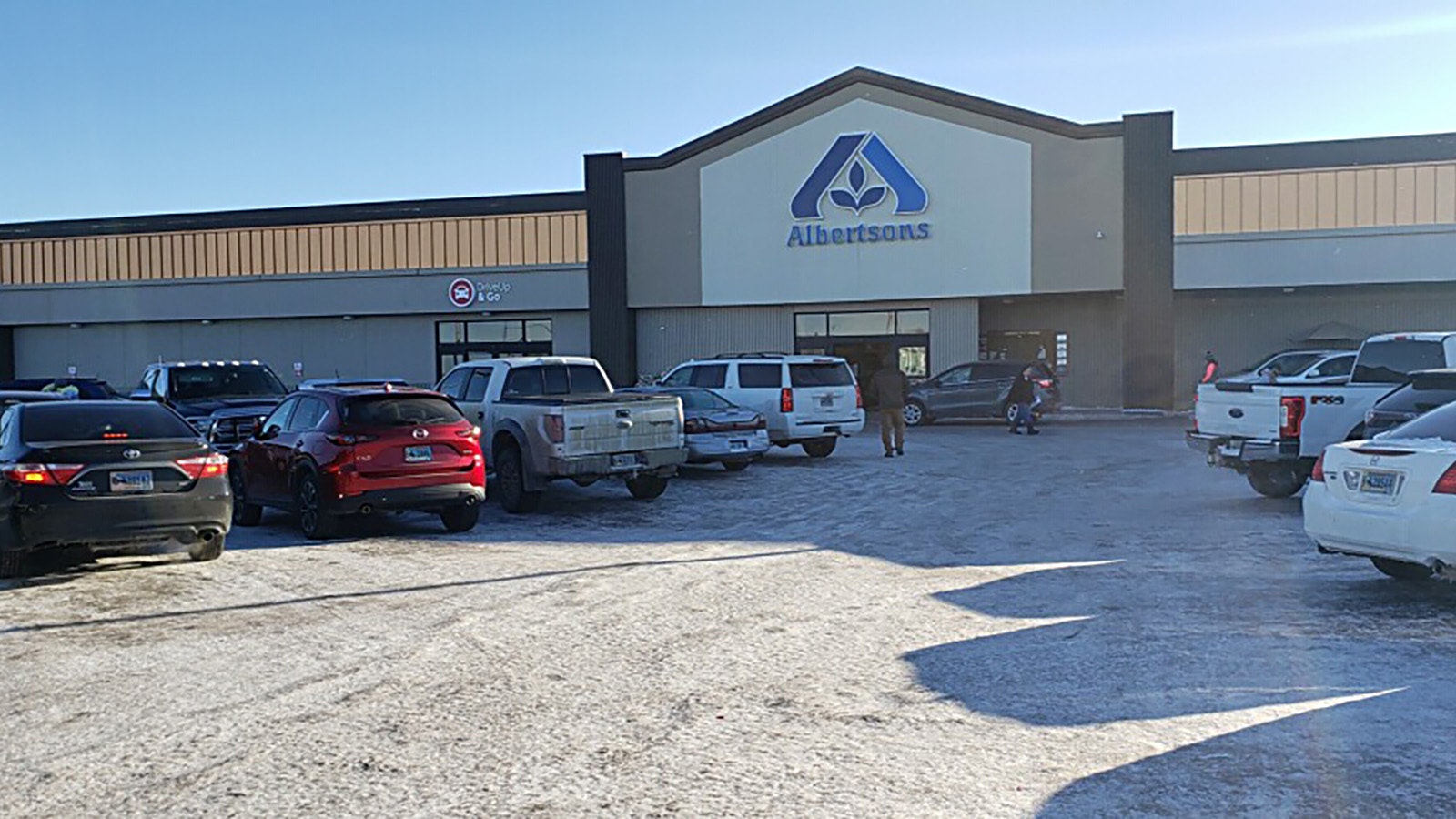While Albertsons and Kroger have said their newly combined power after merging will not be used to raise prices, words from a shareholder’s meeting last year tell a different story, claim the plaintiffs in a consumer case filed against the merger in California.
The lawsuit, filed Feb. 2 in the Northern District Court of California by 25 consumers from across the United States, seeks to stop the $25 billion merger of Kroger and Albertsons. It also wants to force primary Albertsons’ primary shareholder Cerberus to return a $4 billion dividend that has already been paid out. Cerberus owns roughly 29% of Albertsons. The lawsuit doesn’t highlight any other shareholders.
Food Inflation Significant
In their most recent motion, plaintiffs highlighted the inflationary trend for food, which has seen record high price hikes over the past year. Company CEOs have said they’re just passing along costs to consumers, but watchdog groups like Accountable.US say corporate profits are at their highest levels in 50 years.
“While the Defendants say their newly combined power will not be used to raise industry prices, Kroger’s CFO Gary Millerchip told shareholders in October of last year, ‘We’ve been very comfortable with our ability to pass on the increases we’ve seen at this point,” the plaintiffs write in their motion.
Albertsons CEO Vivek Sankaran, meanwhile, told his shareholders, “My sense is this inflation will just be passed through” to customers.
This willingness to pass along sustained price hikes to consumers doesn’t bode well for the future, plaintiffs contend.
“The largest grocery operator in the United States is buying the second largest grocery operator in the United States to become the largest grocery supermarket in the United States,” the plaintiffs argue.
That will lead to “reduced competition among grocery stores, which will leave shoppers with higher prices, worsening services, less innovation, and even closure of either their local Safeway or other Albertsons supermarket,” the motion says.
Shareholders Must Return Dividend
The lawsuit also asks the court to declare Albertsons’ special pre-closing dividend a violation of the Sherman Act and direct Cerberus and other shareholders to return it.
The Sherman Act, passed in 1890, is part of a suite of U.S. antitrust laws. Its aim is to “preserve free and unfettered competition as the rule of trade” by prohibiting any contract, conspiracy or combination of acts that will be unreasonably harmful to competition.
The Sherman Act was soon followed by two additional laws, the Federal Trade Commission Act, which created the FTC and also prohibits unfair or deceptive acts or practices, and the Clayton Act, which addresses practices the Sherman Act does not clearly prohibit, such as mergers and interlocking directorates.
The latter refers to cases where the same person is making business decisions for competitors.
Together these form the foundation of American laws aimed at preventing monopolies.
Dividend Required A Loan
Albertsons’ plan to provide shareholders a pre-closing dividend, meanwhile, required a $1.5 billion loan.
“The majority shareholders, led by Cerberus, voted to suck the lifeblood from Albertsons, and thereby guarantee its demise,” the plaintiffs contend, likening it to a 1908 case where shareholders of Pennsylvania Sugar became indebted to American Sugar. They were then pushed to approve shutting down a factory that would have competed with American Sugar, despite crippling their company.
“Kroger has conspired with Defendant Cerberus, Albertsons’ majority shareholder, to vote the issuance of a dividend that will in effect cripple Albertsons’ ability to compete against Kroger, thereby necessitating the merger,” plaintiffs write in their motion. “This agreement is stated in writing within the merger document itself.”
Regardless, even if deemed innocent of such intent, plaintiffs contend the dividend is still illegal because it provides no competitive benefit to Albertsons or its workers and consumers.
Given that it required a loan, plaintiffs contend the dividend “strips Albertsons of nearly all its cash-on-hand during an economic downturn, when it will be difficult for the company to obtain additional capital.”
Motion Is Meritless, Grocers Contend
Albertsons and Kroger, meanwhile, have said that such lawsuits are meritless in past communications with the Cowboy State Daily and have defended their deal as improving efficiency in the marketplace.
The savings from improved efficiencies will let the new Albert-Krogerson entity lower prices a collective $500 million, the companies have claimed in press materials, while raising associate wages and benefits by $1 billion. An additional $1.3 billion, meanwhile, will be used to “enhance the customer experience” in Albertsons Cos. Stores. The page did not include details explaining what that might mean.
Matt Dowe, a spokesman for Albertsons, said the dividend will not hurt Albertsons’ financial health.
“After payment of its special dividend, it will remain in excellent financial health, with relatively little debt,” he has told Cowboy State Daily by email. “In fact, it’s debt ratio will actually be 1.9x, which is lower than in recent years. This continues a trend of reducing the company’s leverage.”





